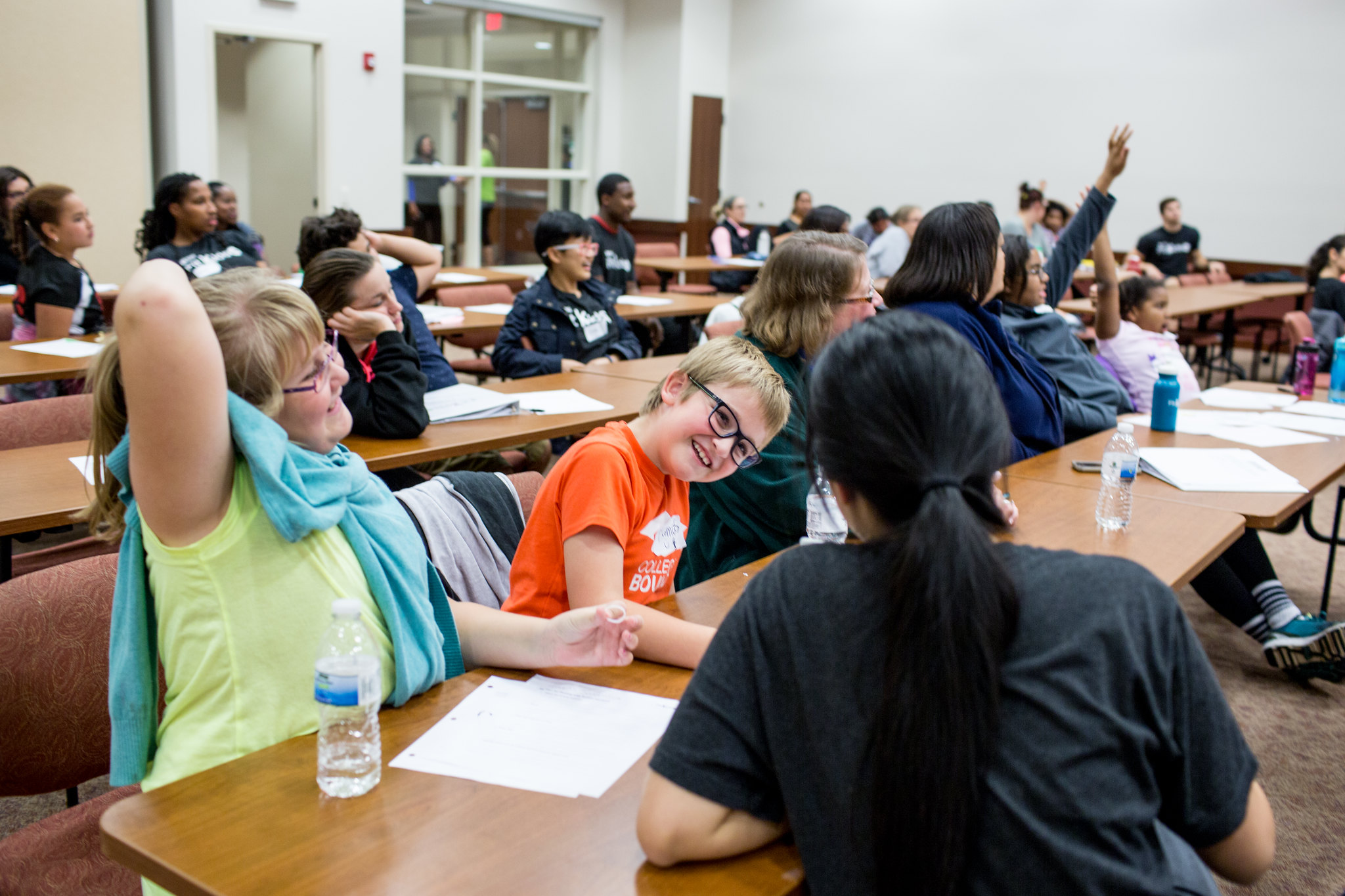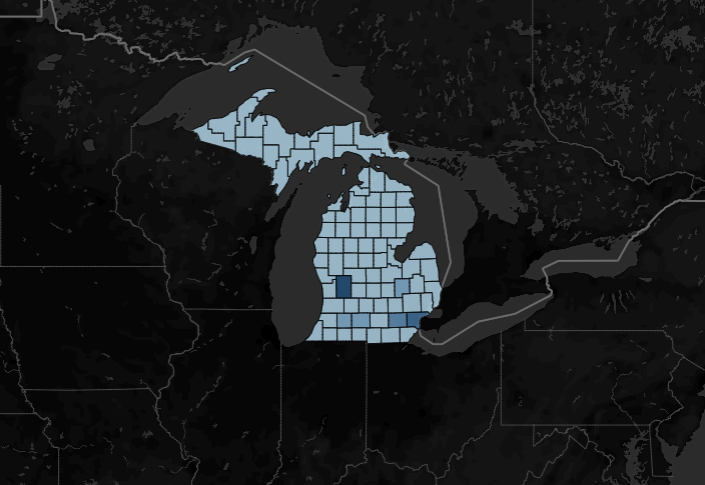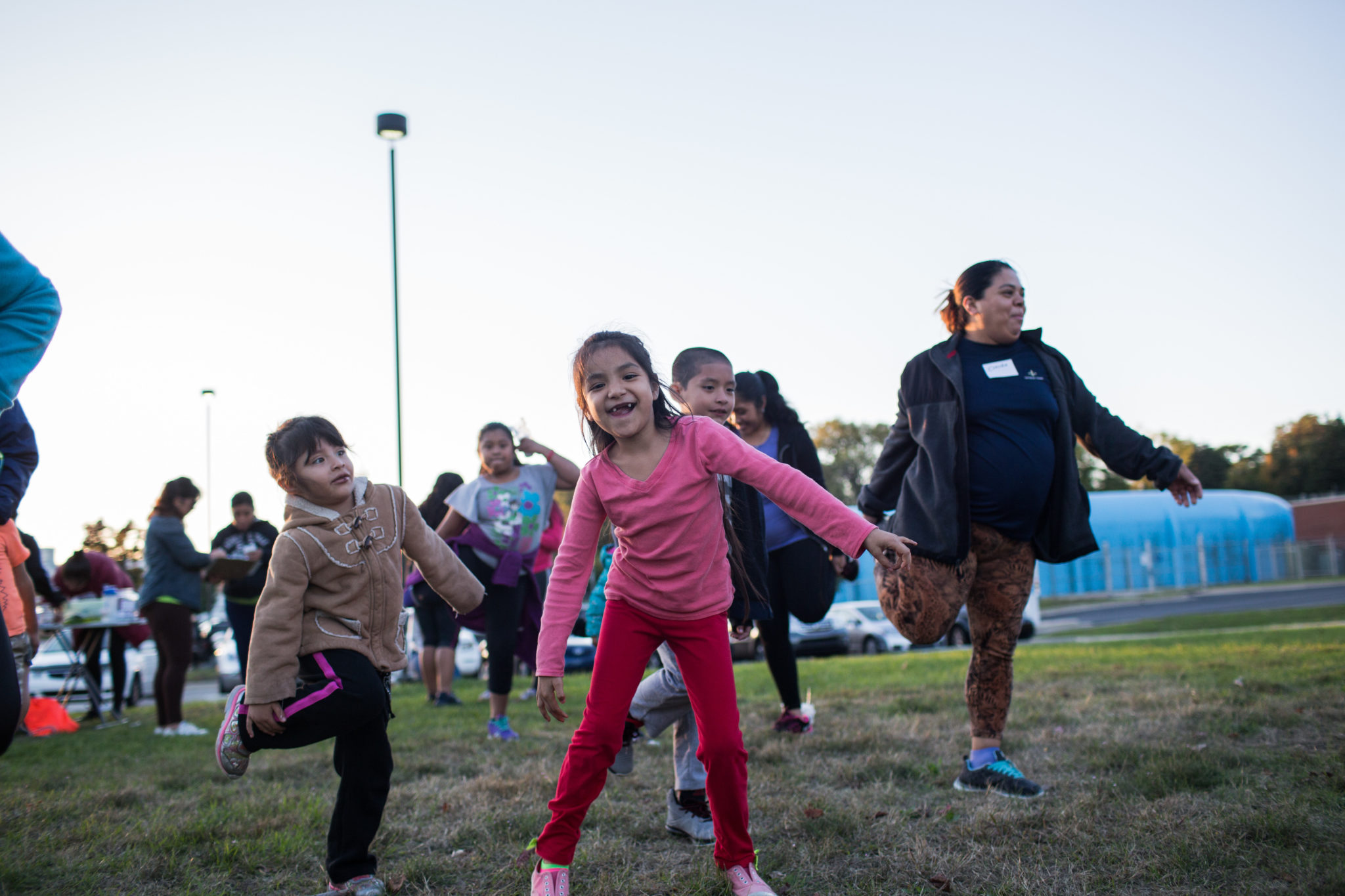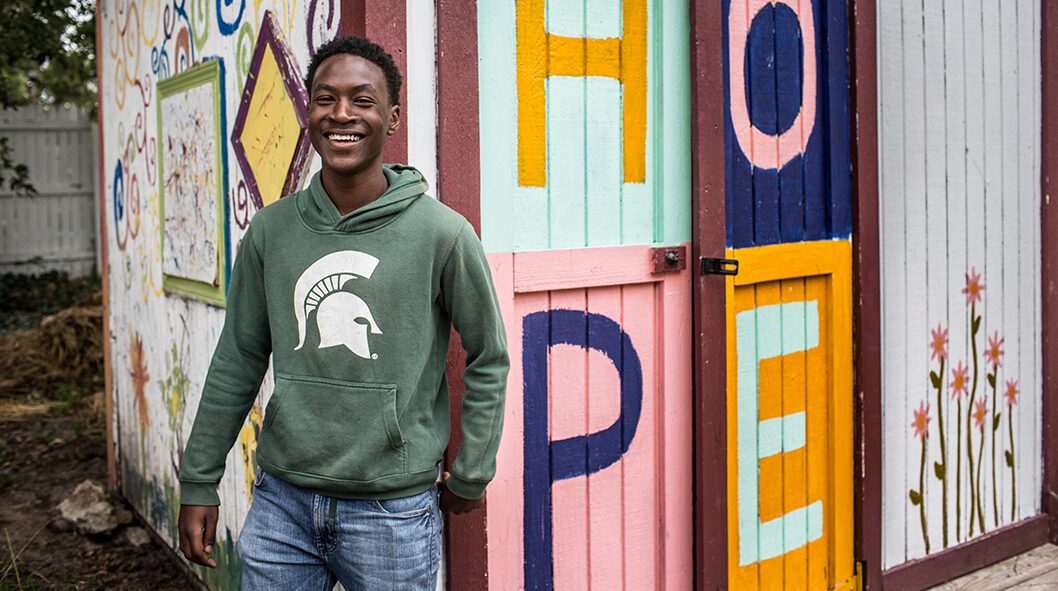2023 Grantmaking
In 2023, the Health Fund invested more than $35 million through 150 grants to organizations working to improve health in communities across our state. These funds were spread across several grant initiatives, each with its own unique priorities and a shared emphasis on innovative, evidence-based, community-driven solutions for a healthier Michigan.

Community Health Impact & Capacity Building
$5.1 million invested in 45 projects
These projects emphasized support for community-based organizations and collaboratives working to empower local projects, build critical capacity, and incorporate the voice of those with lived experience in the design and execution of new health solutions.

Maternal & Infant Health
$2.57 million invested in 13 projects
These projects focused on addressing service delivery barriers, increasing access to protective and clinical interventions, and addressing targeted policies, practices, and procedures that impact outcomes for women and children.

Behavioral Health
$7.85 million invested in 26 projects
These projects improved access to high-quality, integrated mental health and substance use disorder care aiming to bridge health equity gaps, advance integrated care, increase cost-effectiveness, and strengthen the health workforce.

Nutrition & Healthy Lifestyles
$7.37 million invested in 27 projects
These projects invest in critical nutrition and lifestyle solutions that positively impact children and older adults. Initiatives worked intentionally with communities to overcome socially determined barriers and expand access to healthy food and opportunities for physical activities. In 2023, this included changes to the built environment to support better health.

Healthy Aging
$8.2 million invested in 27 projects
These projects supported health and well-being for older adults and their caregivers. Focused initiatives worked to expand access and integration of care, promote health equity, address workforce challenges, and enhance support for caregivers.

Special Projects & Emerging Ideas
$4.15 million invested in 12 projects
These projects targeted investment in innovative models and partnerships aimed at solving systemic health challenges. Grants were aimed at increasing equitable access to health, improving organizations’ access to vital technology, and developing solutions for workforce shortages in key health professions.
In addition to the promise of future impact in our most recent grants, stories from the Health Fund and our grant partners this year highlighted important outcomes and valuable learning. Here are a few from 2023:
New info tools show impact, enhance transparency

In 2023, the great work of our partners was featured frequently in the media. The stories below showcase just a small fraction of their impact and the attention they earned.
STATE OF HEALTH
New health care apps, devices, and tech improve outcomes for all ages
Supports created for families experiencing postpartum depression
Behavioral health brought to the home improves older adults’ quality of life
Michigan programs empower kids to be community health leaders
Students volunteer to caregive and build friendships with older adults
EP. 1
Dementia is not a death sentence for people
EP. 2
No more “diagnose and adios” dementia diagnosis
EP. 3
Dementia dispartities in communities of color
EP. 4
Building support for dementia caregiving
EP. 5
The rapidly expanding field of dementia
EP. 6
Building more dementia-friendly communities
DEMENTIA PODCAST
In 2023, State of Health expanded beyond its print feature series to include a podcast offering an in-depth look at dementia. The podcast shares the many ways that people in Michigan who live with dementia, who care for a loved one with dementia, and who are leaders in the nonprofit and health care sectors are working to change the conversation about dementia.
Media Headlines
We’re excited to share stories from local and statewide media organizations covering the work of our grant partners. This year, the headlines tell stories of dedication, determination, and innovation. Here are a few of our favorites:
New program helps monitor pregnant women for heart problems
Project to triple the number of volunteer caregivers in the state
GLTA providing ‘wellness rides’ for our seniors
Produce prescriptions are promoting healthy behaviors across Michigan
How northern Michigan students are addressing the youth mental health crisis
Thank you!
As we close the books on 2023 and look forward to another productive year, our deepest thanks go out to our amazing grantees and partners. And thanks to you for reading!




